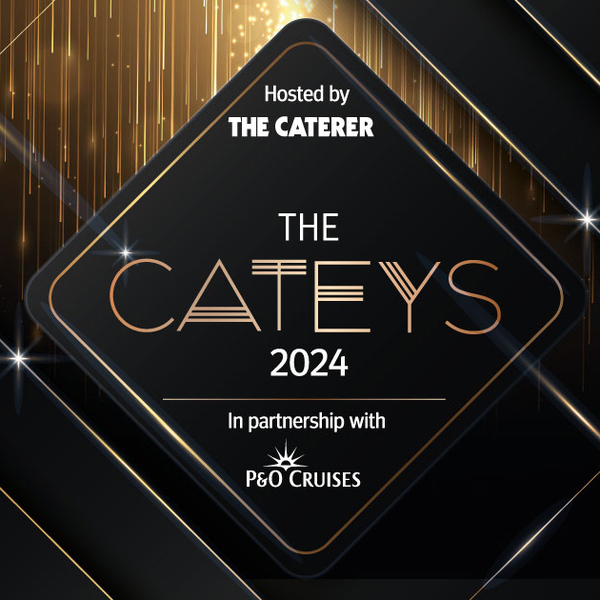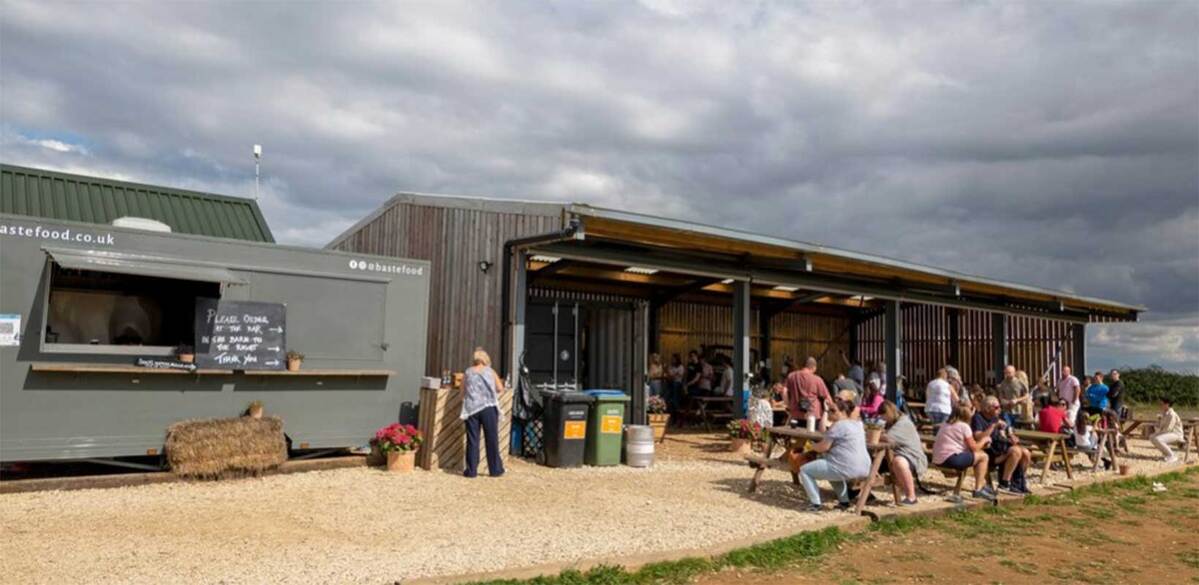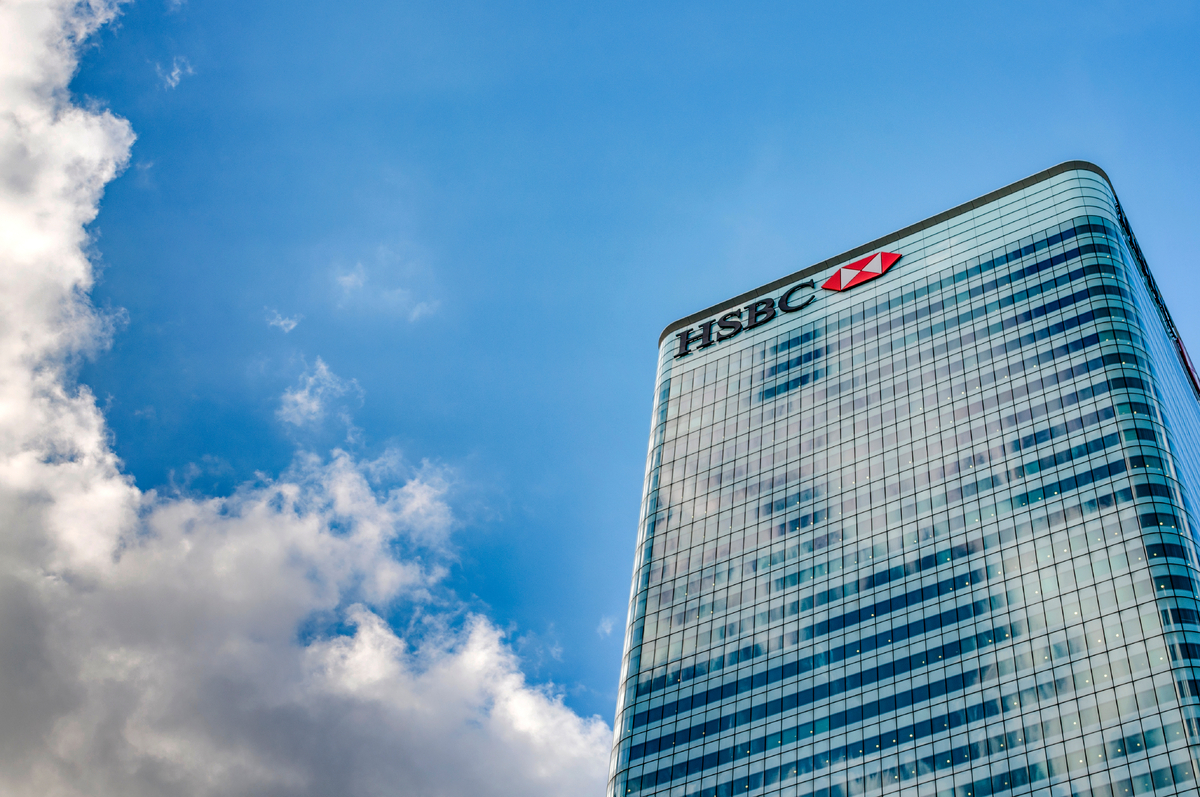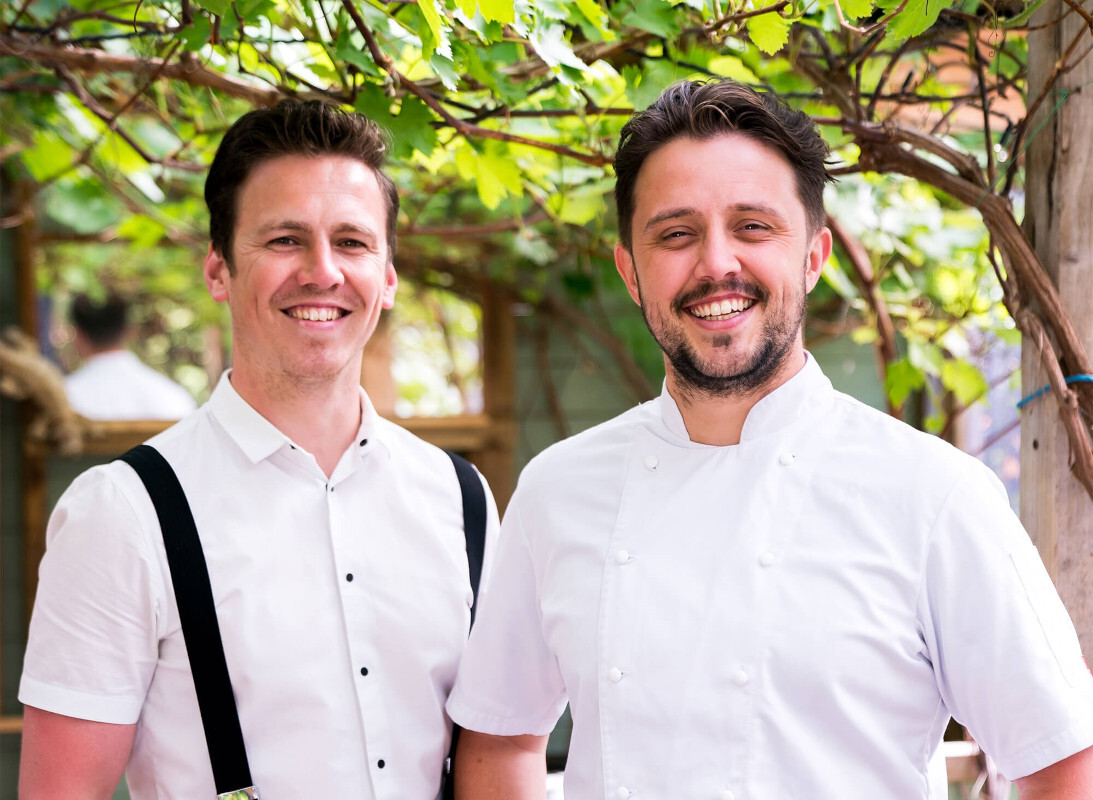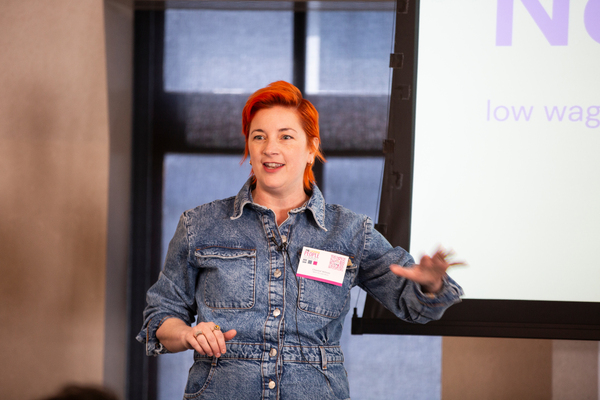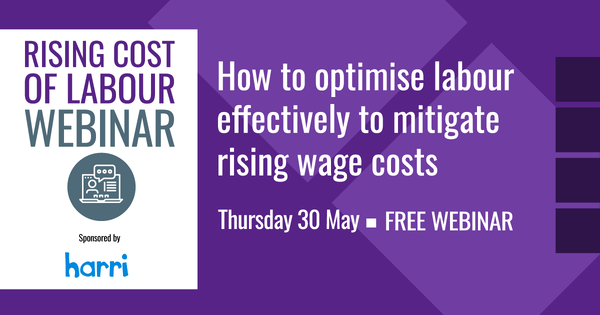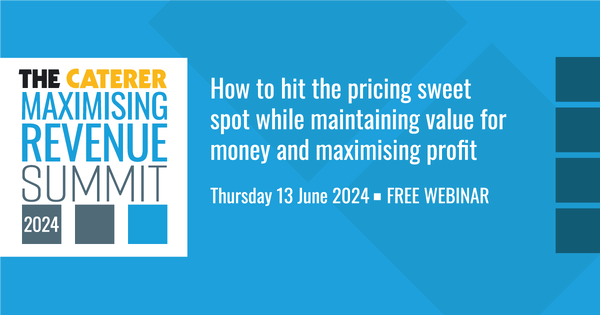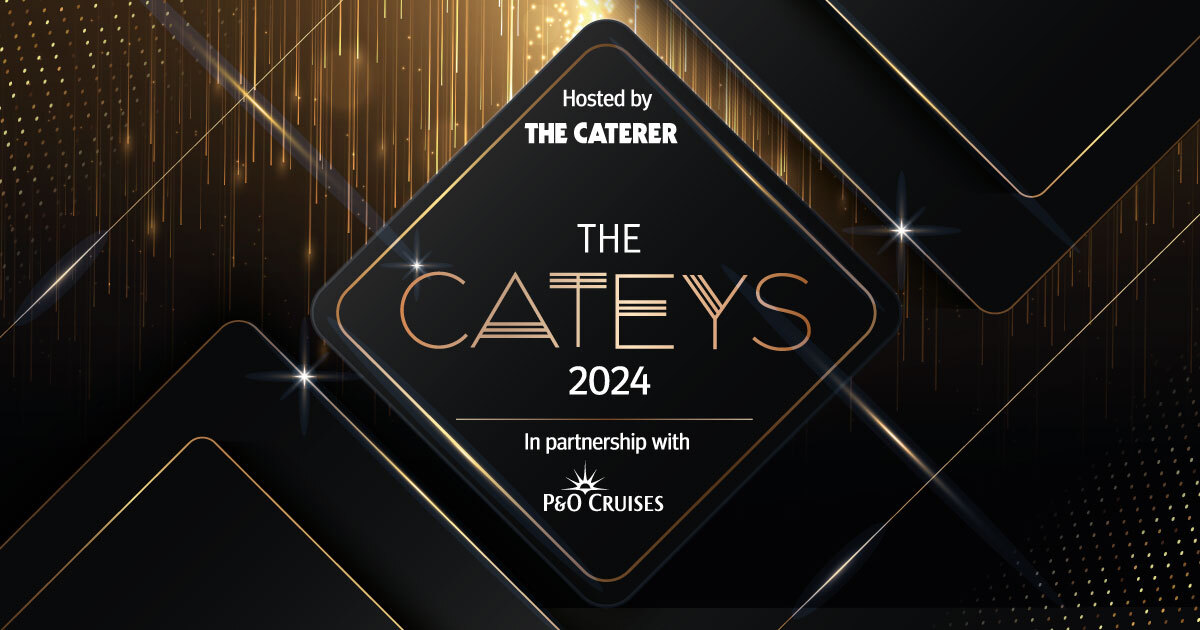A bright forecast
Fifteen years ago, if the average licensee or applicant for a pub was asked for his business plan, the response was likely to be a blank look.
An indication of how far the licensed trade has become part of the mainstream business world is that applicants for a pub tenancy now frequently have to prepare a formal business plan for brewers or pub-owners. Banks also ask for one to support a loan to buy or improve a pub.
But the aspiring or present licensee should not look on a business plan as simply a tedious chore to satisfy some bureaucratic whim of a brewer or banker. There are good reasons for drawing up a plan, which benefit you and your business in the short and long term:
It concentrates your mind on the present state and future pattern of the business
It forces you to set aside time and effort to think through the viability of the project and to construct the plan
It gives you a disciplined framework in which to work towards planning the pub's future
It creates a document that can be monitored against future events and adjusted as need arises
It produces a convincing, logical format suitable for discussion with landlords, potential investors or lenders.
A company that sets great store by this approach is Whitbread Pub Partnerships (WPP), which sends out a 16-page document to those wishing to apply for one of its leases. The completed plan has to be submitted at least three days before the interview and is then used as a reference point during the discussion.
Peter Batty, national lettings manager for WPP, says: "We see the plan as a key element in any successful venture. It is the road map that helps our licensees to plot their route to success. Our business development managers (BDMs) use the business plan as one method of assessing the suitability of a candidate, not just for a particular pub, but also as a demonstration of his or her ability to be logical and critical in pursuing commercial objectives.
"Often the greatest weakness is in translating ideas and action plans into a coherent financial statement. This is where the BDMs and recruitment managers can help candidates. But the business plan has to be created by the candidate, who must take ownership of it.
"When a lessee is appointed, the plan becomes a focus for him and the BDM during business meetings. And, of course, it has to be updated as the business develops and the licensee gains experience.
"We are proud of our record of investing in pubs jointly with the lessee. At such times, a business plan is drawn up that makes the case for the investment and demonstrates the return each of us can expect. Again, this is not just a projection but a practical, working document before, during and after the project is completed."
Batty adds: "The old adage, ‘People do not plan to fail, they fail to plan' hits the nail on the head."
To write a business plan as part of an application for a pub, you must balance an explanation of your background with an assessment of the present state of the pub's market position and its development as you propose it. It is easy to let one element dominate the other.
Remember, the reader, whether a brewer or banker, is a busy person. He or she needs to understand quickly what you are offering, so have a contents page, clear headings, short paragraphs and a logical format. Keep the plan as concise as you can and use appendices if necessary, for instance for sample menus and career history.
Above all, be clear about your objectives. It is accepted that forecasting can be inexact, so don't hedge about with qualifying sentences, be concise. For instance: "Sales projection for end of month six: 420 covers a week. Average covers a day: lunchtime - 20; evening - 40."
Whenever possible, quantify your projections to show: numbers of customers; average meal spend; hourly staff rates; weekly barrelage; and gross profit percentage. If you have facts and figures in your plan then you have a measurable guide to progress. You will not, of course, get everything right, but at least you will know, month by month, where your results are differing from forecasts. You can then adjust accordingly and, if remedial action is necessary, act promptly. There is no future for a business that discovers six months too late that it has been trading at a loss.
The business plan is not the answer to all licensees' problems but it can demonstrate the commercial soundness of a project. It can then be used imaginatively as one of the weapons for survival (and prosperity) in a competitive industry. n
Michael Sargent is co-author with Tony Lyle of Successful Pubs and Inns published by Butterworth Heinemann in conjunction with Caterer & Hotelkeeper.
